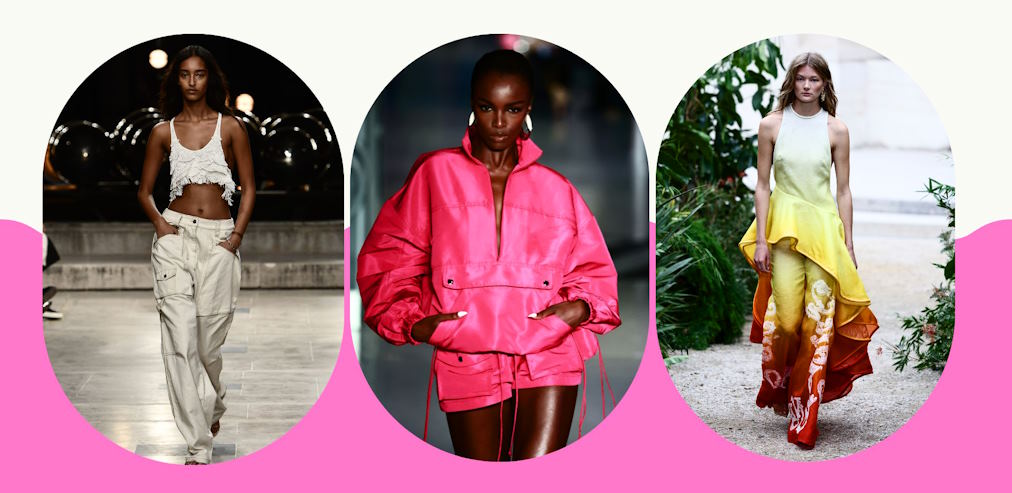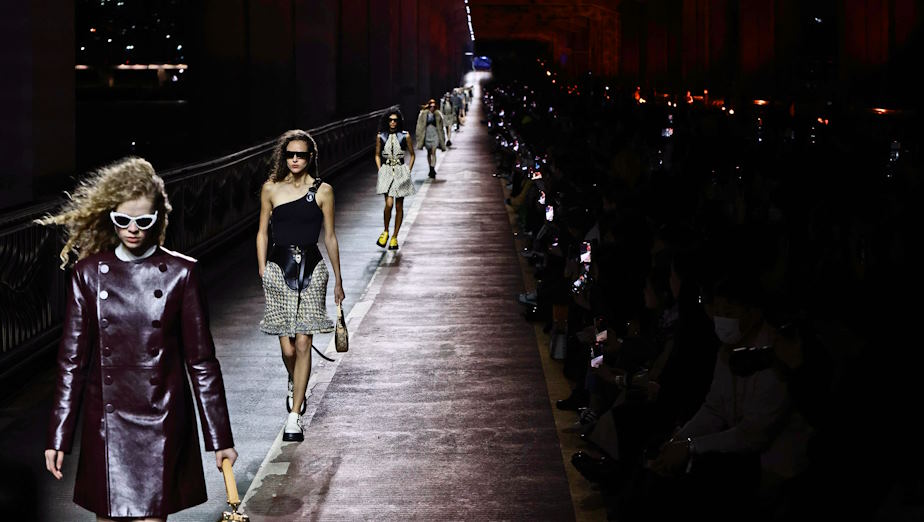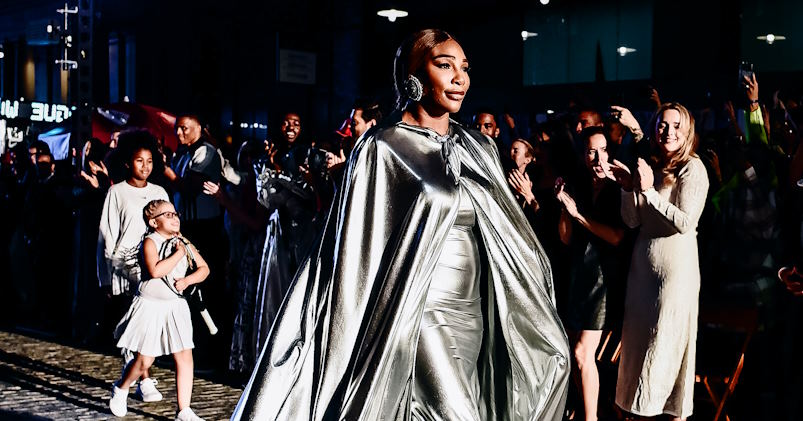These biannual showcases of creativity, innovation, and style have transcended their origins as industry-exclusive gatherings to become global phenomena that captivate the imaginations of millions. The runway lights, pulsating music, and meticulously curated designs converge to offer a tantalizing glimpse into the future of fashion. As the fashion landscape continually shifts, this exploration underscores the enduring significance of these events as powerful drivers of change, creativity, and global interconnectedness.
Economic Implications of Fashion Week Events
Boost to Local Economies
Fashion Week events aren’t just showcases of style; they’re economic powerhouses that breathe life into local economies. Hosting such events injects a significant influx of revenue through various avenues. Firstly, tourism and hospitality sectors thrive as fashion enthusiasts and industry professionals flood the host city, booking accommodations, dining in local restaurants, and exploring nearby attractions. Secondly, the spillover effect extends to retail, with attendees eager to embrace the showcased trends, driving up sales for local boutiques and fashion outlets. The heightened brand visibility resulting from these events often extends beyond the runway, contributing to a lasting increase in both tourism and retail sectors.
Growth of the Fashion Industry
Fashion Week events serve as crucibles of growth for the fashion industry at large. Beyond established designers, these events provide invaluable opportunities for emerging talents to gain exposure and recognition on a global stage. The exposure garnered during Fashion Week can act as a launchpad for their careers, fostering innovation and diversity within the industry. Furthermore, the far-reaching impacts extend to job creation, from backstage production teams to front-of-house staff, and from marketing professionals to event organizers. This surge in employment opportunities bolsters the local workforce and contributes to the overall economic development of the host city.

Influence on Fashion Trends and Consumer Behavior
Introduction of New Collections and Designs
Fashion Week events serve as dynamic platforms for renowned designers to unveil their latest creations, setting the tone for upcoming trends and styles. These gatherings are not just about showcasing garments; they’re about shaping the industry’s trajectory. Renowned designers wield their creative prowess to present innovative collections that push the boundaries of fashion. The influence of these designers extends beyond the runways, as their artistic vision permeates the wider fashion landscape. The introduction of new collections ignites a chain reaction, triggering shifts in consumer preferences and choices. What graces the catwalk today often adorns the streets tomorrow, illustrating the profound impact of these premieres on our collective sartorial tastes.
Rapid Dissemination of Trends through Social Media
In an era characterized by digital connectivity, Fashion Week trends find themselves disseminated globally in real-time, largely due to the power of social media. Platforms like Instagram, Twitter, and TikTok transform every runway moment into an accessible spectacle for fashion enthusiasts worldwide. No longer limited to industry insiders, the trends are now instantly accessible to the general public. This democratization of information accelerates the pace at which trends cycle through the fashion ecosystem. What’s “in” today might be “out” tomorrow, urging consumers to stay attuned to the continuous evolution of style. Social media’s real-time coverage not only democratizes fashion but also shapes its trajectory by reflecting and amplifying consumer reactions, cementing the symbiotic relationship between runway innovation and consumer adoption.

Cultural and Social Impacts of Fashion Week Events
Fashion as a Form of Self-Expression
Fashion has transcended its utilitarian purpose to become a powerful medium of self-expression, and Fashion Week events play a pivotal role in this transformation. The global stage they provide not only showcases designs but also fosters a cross-cultural exchange of ideas. Diverse designers from around the world infuse their collections with cultural influences, opening doors to new perspectives and fostering an appreciation for global aesthetics. As these designs make their way from the runway to wardrobes, they empower individuals to convey their unique identities through clothing.
Reflection of Societal Values and Issues
Fashion, as a mirror of society, often reflects and addresses pressing social and political issues. Fashion Week has evolved from merely presenting garments to being a platform for commentary on the world’s pressing matters. Designers are increasingly using their creations to make statements about inclusivity, sustainability, gender equality, and more. Themes like climate change, cultural heritage, and human rights find expression on the runway, bridging the gap between fashion and activism. Designers are assuming roles beyond style arbiters; they are becoming advocates for change through their artistic expressions.

